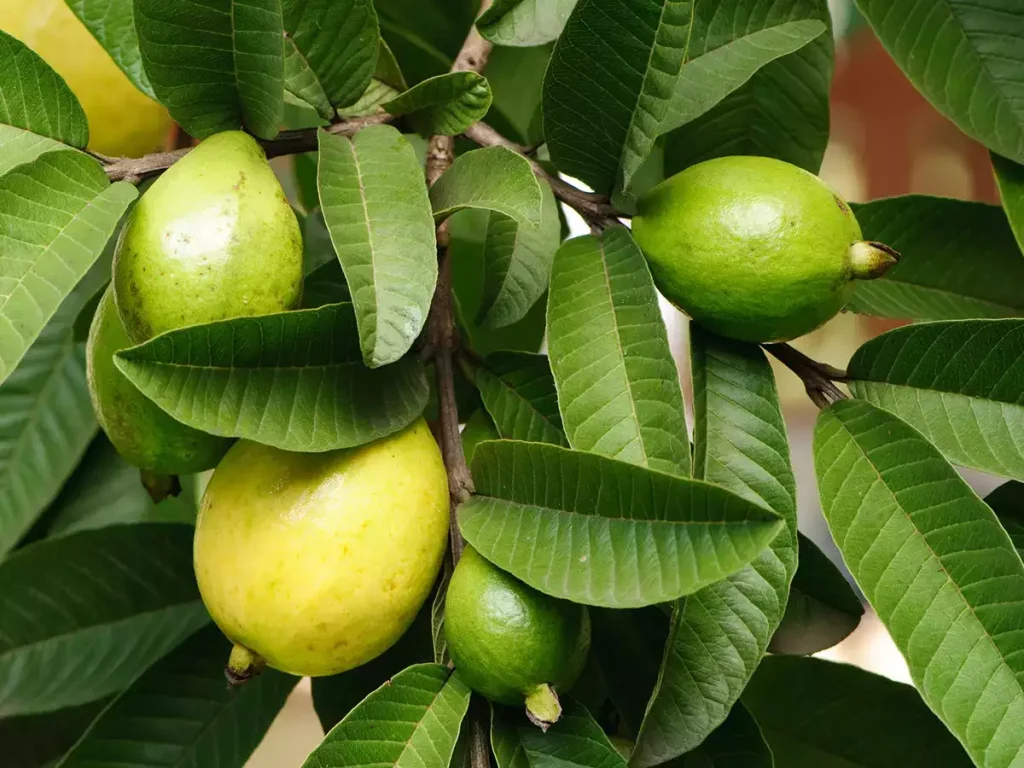
Guava is often hailed as a superfruit, but did you know that its leaves also pack an extraordinary punch in terms of health benefits? Guava leaves have been used in traditional medicine for centuries, particularly in parts of Asia and Central America. Today, they’re gaining global recognition for their impressive ability to support hair, skin, and overall health. In this article, we’ll explore how guava leaves can transform your beauty and wellness routine.
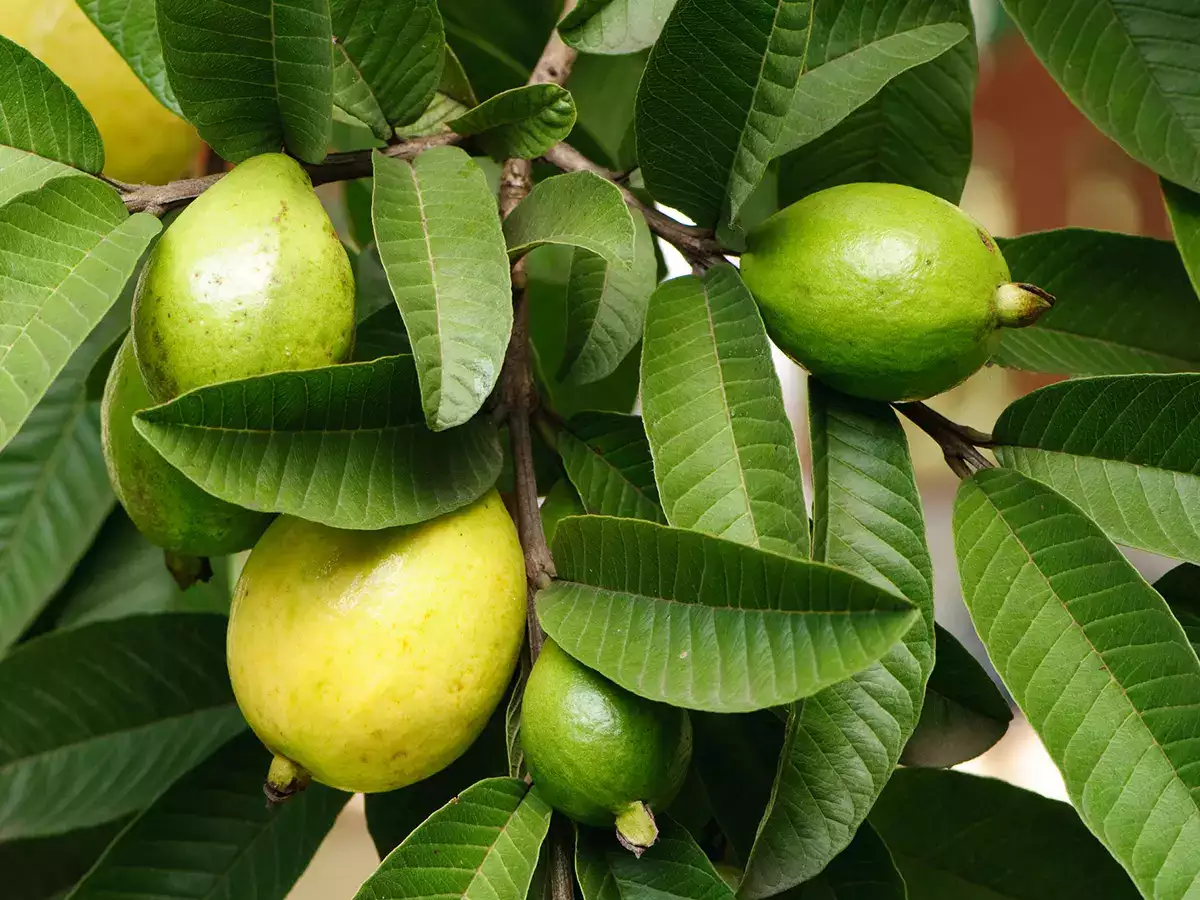
1. The Nutritional Powerhouse of Guava Leaves
Guava leaves are brimming with vitamins, minerals, and antioxidants that contribute to their broad range of benefits. These leaves are rich in:
Vitamin C: Known for its powerful antioxidant properties, vitamin C fights free radicals and promotes healthy skin.
Vitamin A: Essential for cell regeneration and maintaining healthy skin and hair.
Potassium: Helps regulate moisture levels in the body and supports hair and skin hydration.
Lycopene and Flavonoids: These potent antioxidants offer protection against oxidative stress, which can lead to premature aging and hair loss.
This combination of nutrients gives guava leaves their strong therapeutic potential, making them an excellent addition to your self-care regimen.
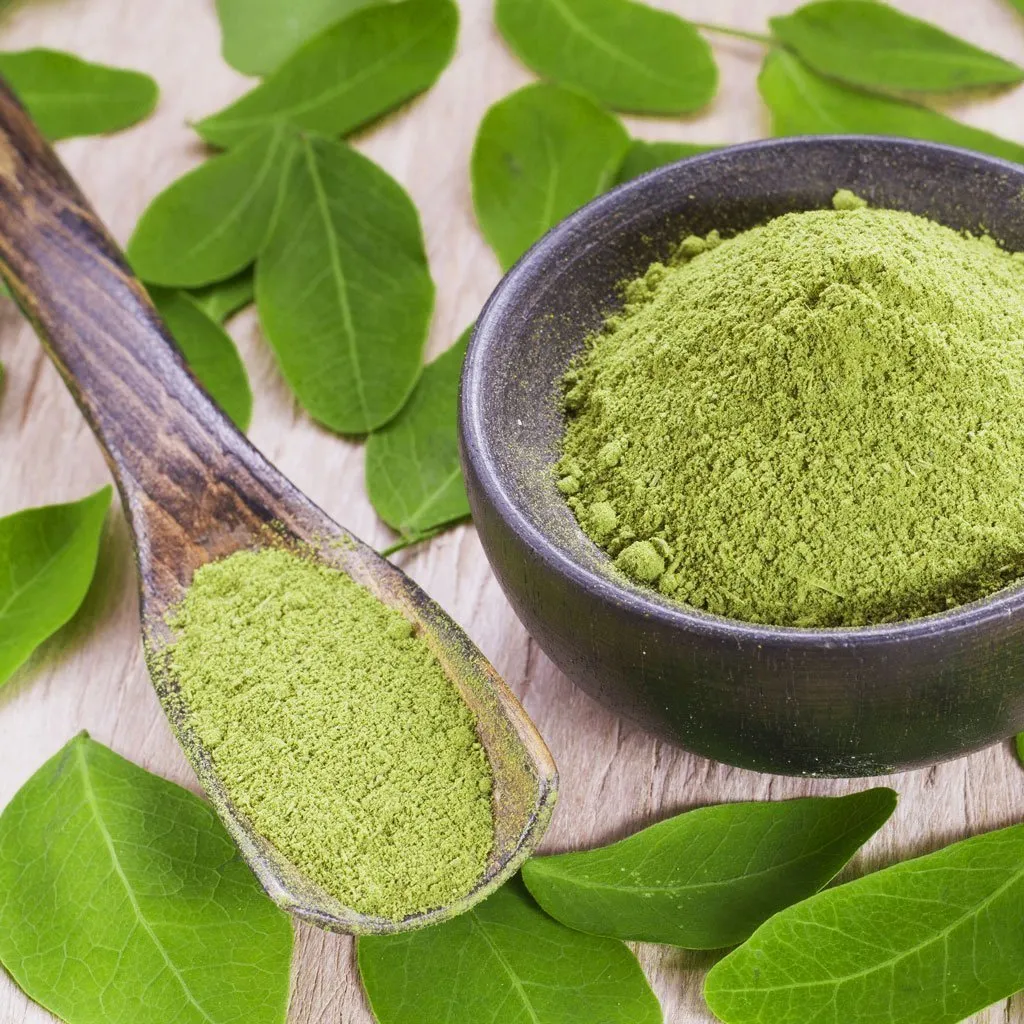
2. Hair Health Benefits of Guava Leaves
Prevents Hair Loss
One of the most celebrated benefits of guava leaves is their ability to combat hair loss. Guava leaves contain antioxidants that improve scalp health and strengthen hair follicles. The flavonoids and vitamin C in the leaves help stimulate collagen production, which is crucial for hair structure.
How to Use: Boil a handful of guava leaves in water for 15-20 minutes. Once cooled, strain the water and massage it into your scalp. Leave it on for 30 minutes before rinsing. For best results, use this treatment twice a week.
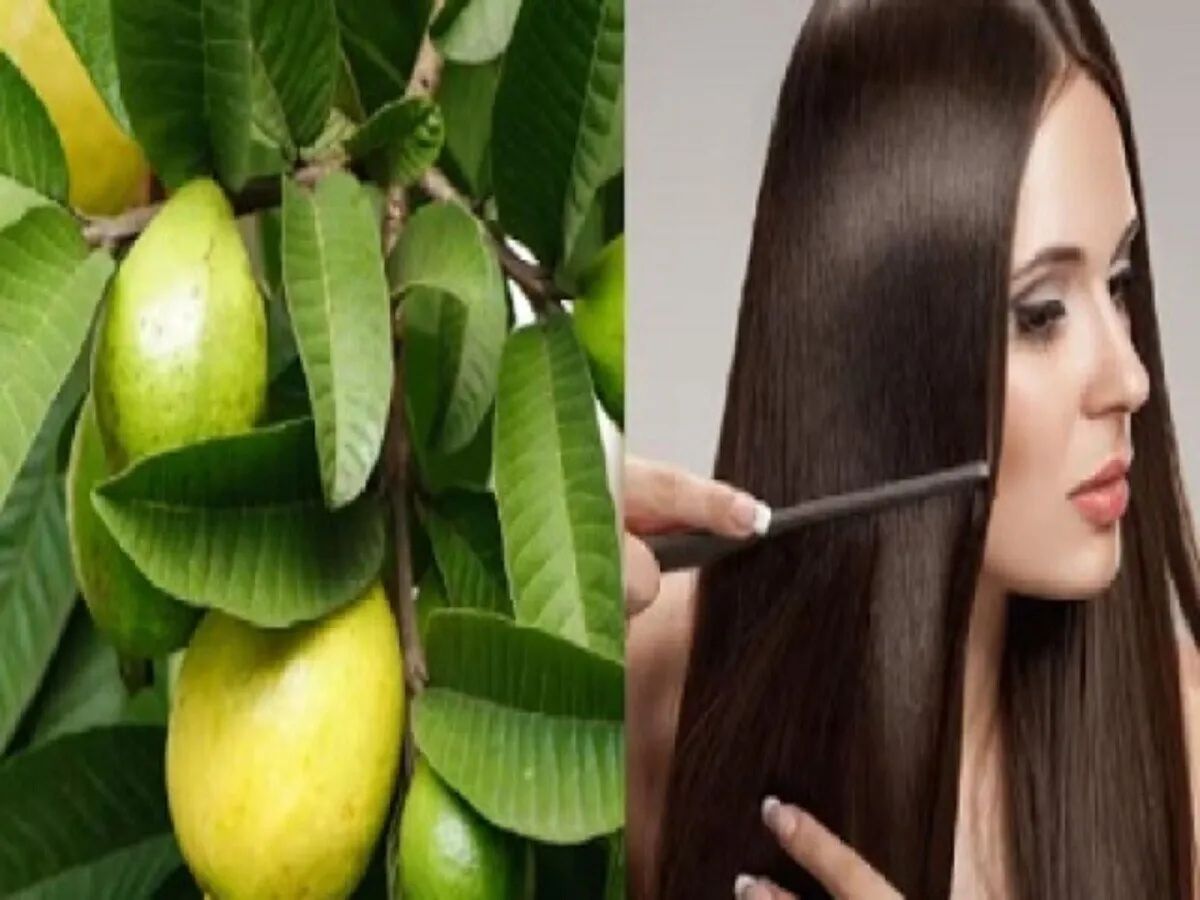
Promotes Hair Growth
Guava leaves boost blood circulation to the scalp, which encourages hair growth. By enhancing the supply of nutrients to hair follicles, they promote thicker, fuller hair. Additionally, guava leaves strengthen the roots, preventing breakage and split ends.
Tip: Incorporate guava leaf oil or extract into your daily hair care routine to help stimulate growth over time.
Fights Dandruff and Itchy Scalp
Guava leaves possess antimicrobial and anti-inflammatory properties, which make them effective in treating dandruff and soothing an itchy scalp. The antibacterial compounds in guava leaves can kill dandruff-causing fungi and maintain a clean, healthy scalp environment.
How to Use: Brew guava leaf tea and use it as a rinse after shampooing. Regular use can help reduce flakiness and irritation.

3. Skin Care Benefits of Guava Leaves
Acne Treatment and Prevention
Guava leaves are a natural remedy for acne due to their anti-inflammatory and antibacterial properties. They fight the bacteria that cause breakouts while reducing the inflammation associated with acne. The high concentration of vitamin C in guava leaves helps clear up skin and prevent further breakouts.
How to Use: Crush fresh guava leaves into a paste and apply it to affected areas. Let it sit for 15 minutes before rinsing off with warm water. Repeat this a few times a week for the best results.
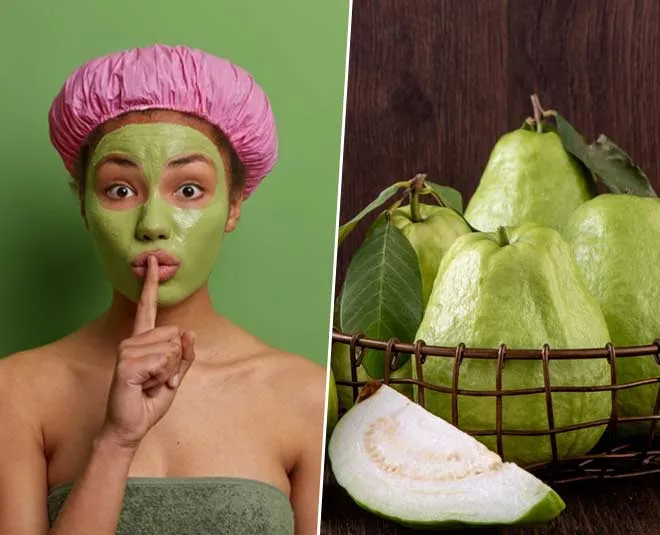
Anti-Aging Benefits
The antioxidants found in guava leaves, particularly lycopene and flavonoids, are known to neutralize free radicals, which can cause premature aging. Regular use of guava leaf treatments helps reduce fine lines, wrinkles, and age spots, resulting in smoother, younger-looking skin.
How to Use: Prepare guava leaf tea and use it as a facial toner. Its antioxidants will help to tighten and brighten your skin while protecting it from environmental stressors.
Soothes Skin Irritation and Allergies
Thanks to their anti-inflammatory properties, guava leaves are an excellent remedy for skin irritation and allergic reactions. Whether you’re dealing with insect bites, rashes, or mild allergic reactions, guava leaves can help alleviate discomfort and speed up healing.
How to Use: Boil guava leaves and let them cool. Soak a cloth in the guava leaf solution and apply it to the irritated area. This method will help reduce redness, itching, and inflammation.
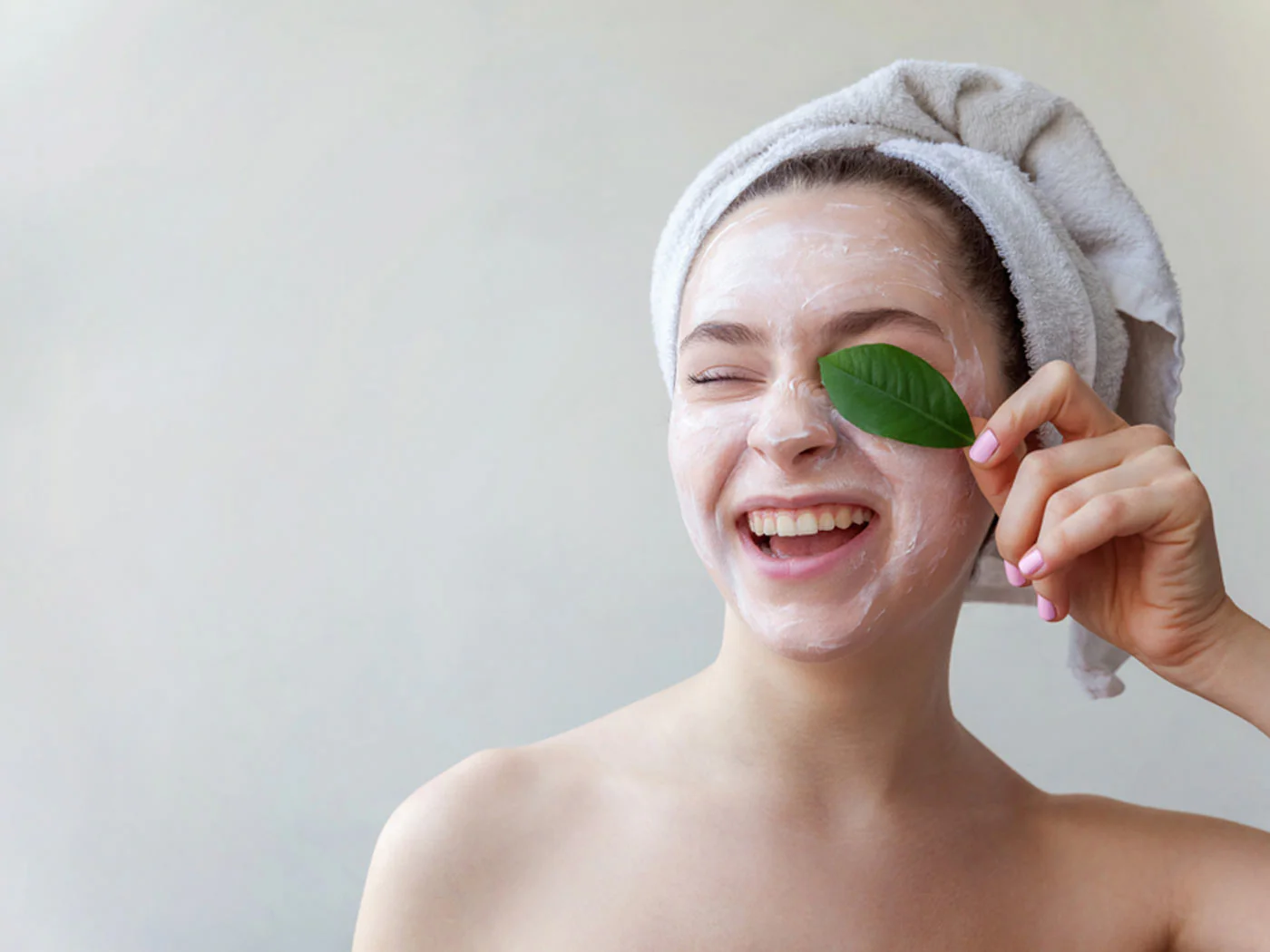
4. Health Benefits of Guava Leaves
Digestive Health
Guava leaves are a popular remedy for digestive issues, particularly in traditional medicine. They can help alleviate diarrhea, promote healthy digestion, and reduce bloating. The antimicrobial properties in guava leaves fight harmful bacteria in the gut, while their fiber content aids digestion.
How to Use: Drinking guava leaf tea can soothe an upset stomach, reduce bloating, and improve overall gut health. Simply boil the leaves and consume the tea once or twice a day.
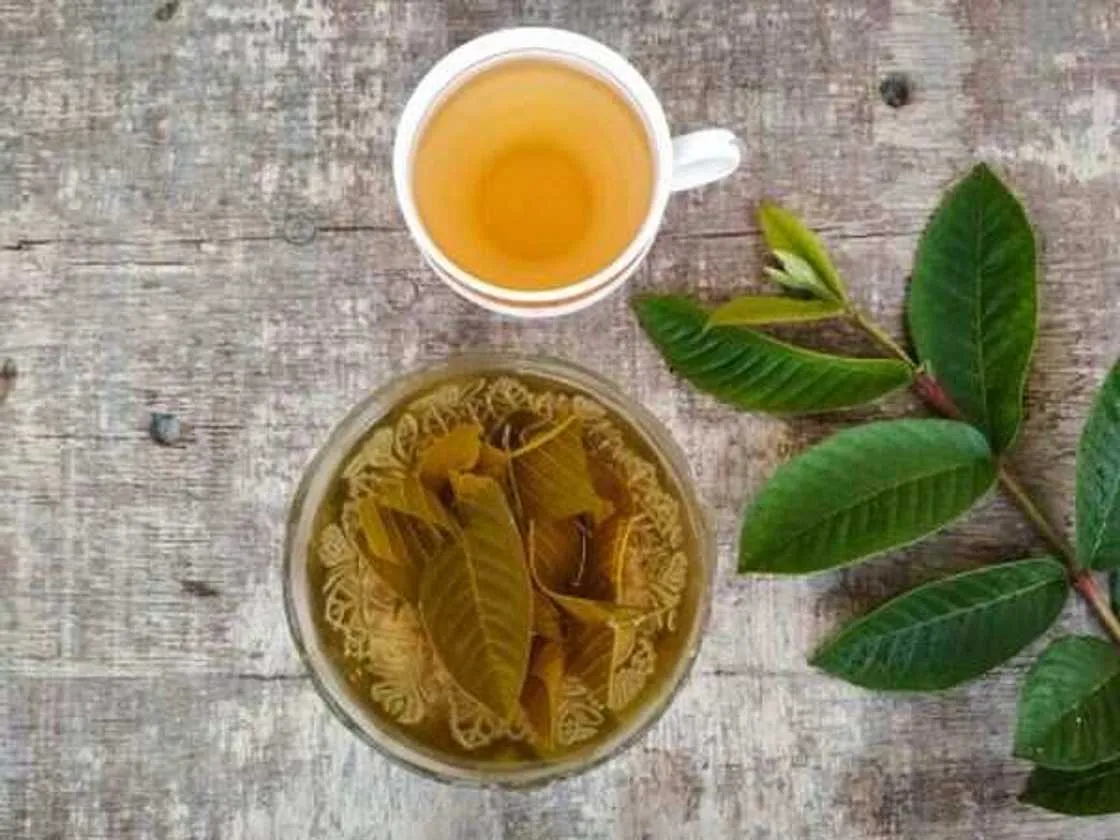
Blood Sugar Control
For those managing diabetes, guava leaves may be beneficial in maintaining healthy blood sugar levels. Some studies suggest that guava leaves can inhibit the absorption of carbohydrates in the intestines, leading to lower post-meal blood sugar spikes. This makes guava leaves an excellent natural supplement for individuals with type 2 diabetes.
How to Use: Consuming guava leaf tea after meals can help regulate blood sugar levels. However, it’s always best to consult with a healthcare professional before making any changes to your diet.
Improves Heart Health
Guava leaves have been shown to help reduce high blood pressure and lower cholesterol levels, both of which are risk factors for heart disease. The antioxidants and potassium in guava leaves improve blood circulation and protect the heart from oxidative stress, reducing the risk of cardiovascular problems.
How to Use: Drinking guava leaf tea regularly may help maintain healthy blood pressure levels and improve cholesterol profiles, promoting overall heart health.
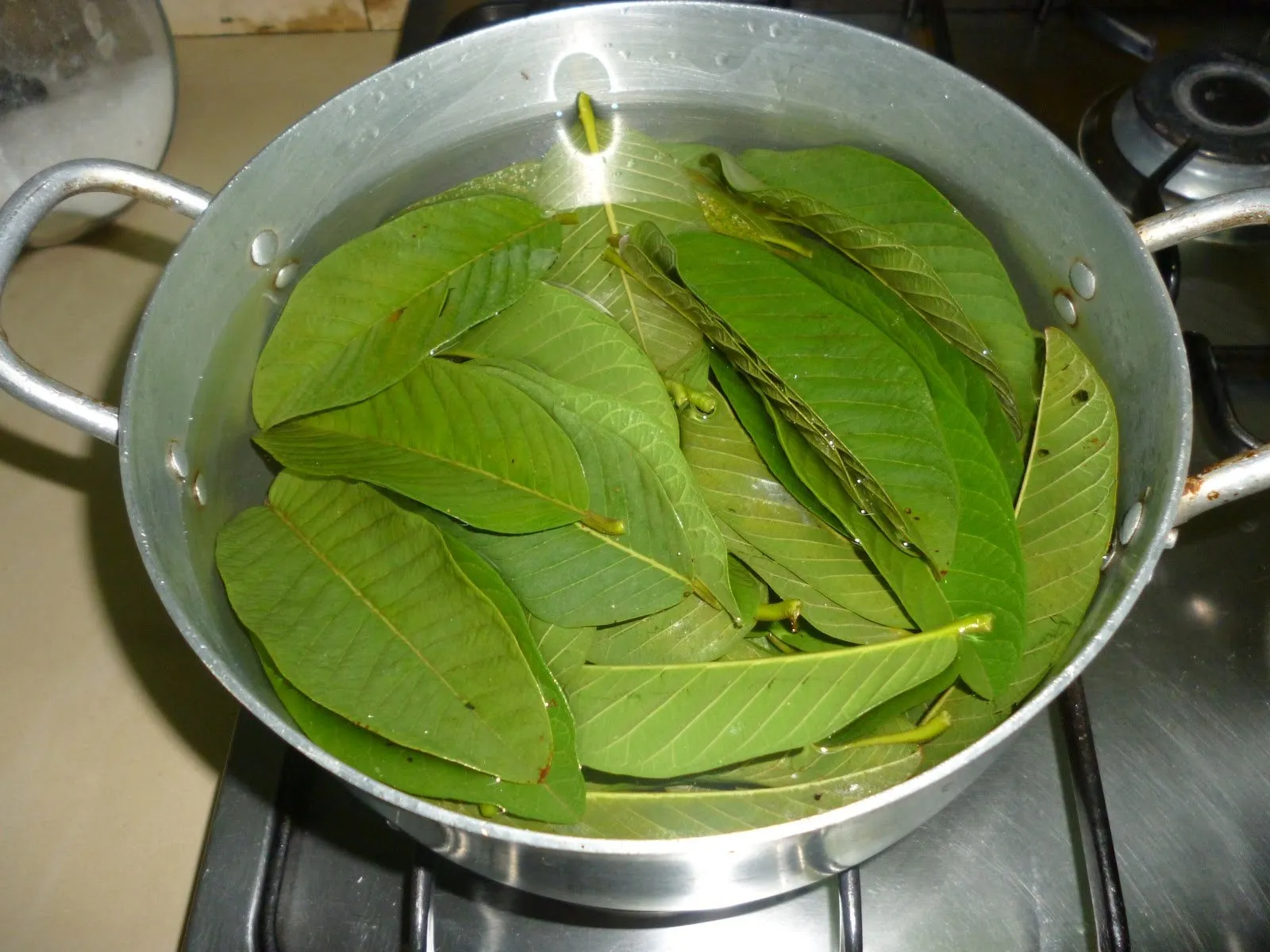
Aids in Weight Loss
Guava leaves are also beneficial for weight loss. Their ability to prevent the absorption of complex carbohydrates helps reduce calorie intake, which can contribute to weight loss over time. In addition, guava leaves promote better digestion and metabolism, further aiding in weight management.
How to Use: Drink guava leaf tea before meals to curb appetite and improve digestion. The tea acts as a natural weight management tool when combined with a balanced diet and regular exercise.
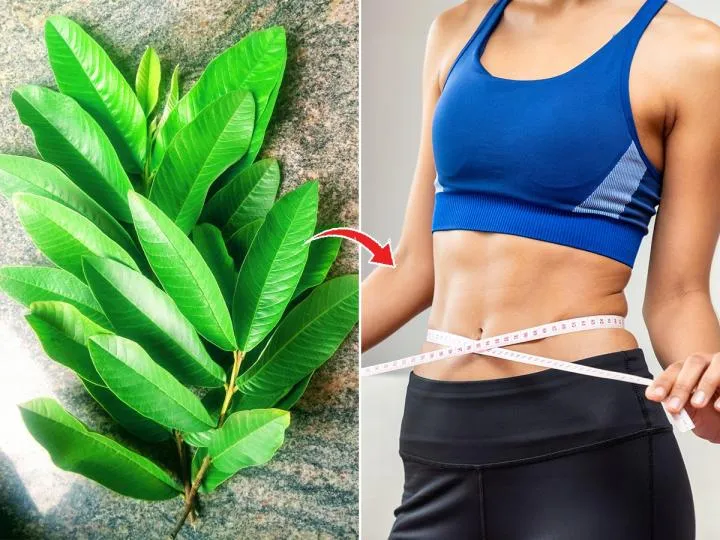
5. How to Prepare Guava Leaf Tea and Extracts
Guava leaves can be used in various forms, such as tea, extracts, or powders, depending on the benefit you seek. Here’s a simple recipe to prepare guava leaf tea:
Ingredients:
- 10-15 fresh or dried guava leaves
- 4 cups of water
- Honey (optional)
Instructions:
- Boil the guava leaves in water for 15 minutes.
- Strain the liquid into a cup.
- Add honey to taste if desired.
Drink this tea up to twice a day for optimal benefits. Alternatively, you can use this liquid as a rinse for your hair or a toner for your skin.
Conclusion
Guava leaves offer a wide array of benefits for hair, skin, and overall health, making them a powerful addition to your natural beauty and wellness regimen. From promoting hair growth and treating acne to improving digestion and heart health, guava leaves are truly a versatile remedy. Whether you’re looking to enhance your beauty routine or boost your health, these nutrient-packed leaves can work wonders.
Incorporating guava leaves into your daily life is easy, affordable, and, most importantly, natural. Unlock the full potential of guava leaves and reap the rewards of this extraordinary plant!



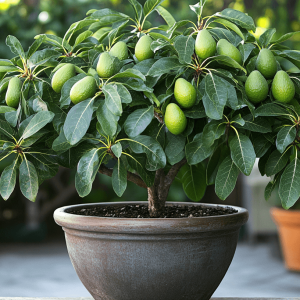

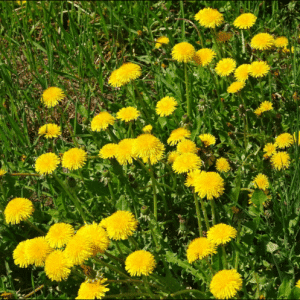

xJsIp pCh zXB
маркетплейс аккаунтов https://birzha-akkauntov-online.ru/
аккаунт для рекламы аккаунт для рекламы
перепродажа аккаунтов маркетплейс аккаунтов
перепродажа аккаунтов безопасная сделка аккаунтов
безопасная сделка аккаунтов https://prodat-akkaunt-online.ru
покупка аккаунтов https://kupit-akkaunt-top.ru/
маркетплейс аккаунтов соцсетей https://pokupka-akkauntov-online.ru/
Purchase Ready-Made Accounts Buy accounts
Account Trading Buy accounts
Social media account marketplace Purchase Ready-Made Accounts
Account Selling Service Sell accounts
Website for Buying Accounts https://accountsmarketplacehub.com
Account marketplace Purchase Ready-Made Accounts
Sell Account Account exchange
Buy accounts Account Catalog
Sell Pre-made Account Account Store
Account Trading Service Account Store
account store account market
secure account sales https://accountsmarketplaceonline.com/
account marketplace online account store
buy account gaming account marketplace
buy and sell accounts account trading platform
buy account account buying platform
account selling platform https://socialaccountsdeal.com/
sell account account selling platform
account trading platform account market
profitable account sales account buying service
secure account sales account purchase
account exchange service gaming account marketplace
account trading buy pre-made account
account catalog profitable account sales
account trading account exchange service
account marketplace buy and sell accounts
account exchange service secure account purchasing platform
gaming account marketplace find accounts for sale
account buying platform guaranteed accounts
account trading platform profitable account sales
account catalog find accounts for sale
accounts marketplace buy and sell accounts
account exchange service social media account marketplace
ready-made accounts for sale buy accounts
profitable account sales account catalog
ready-made accounts for sale buy pre-made account
account catalog https://accounts-offer.org
secure account sales accounts market
buy account https://buy-best-accounts.org
marketplace for ready-made accounts https://social-accounts-marketplaces.live/
buy account https://accounts-marketplace.live/
account trading service https://social-accounts-marketplace.xyz
website for selling accounts https://buy-accounts.space
account market https://buy-accounts-shop.pro
account selling service https://buy-accounts.live
account acquisition https://accounts-marketplace.online
ready-made accounts for sale account market
account store accounts-marketplace-best.pro
покупка аккаунтов https://akkaunty-na-prodazhu.pro/
маркетплейс аккаунтов https://rynok-akkauntov.top
продать аккаунт kupit-akkaunt.xyz
магазин аккаунтов akkaunt-magazin.online
маркетплейс аккаунтов akkaunty-market.live
купить аккаунт kupit-akkaunty-market.xyz
покупка аккаунтов https://akkaunty-optom.live
маркетплейс аккаунтов https://online-akkaunty-magazin.xyz
маркетплейс аккаунтов https://akkaunty-dlya-prodazhi.pro
продать аккаунт https://kupit-akkaunt.online
buy facebook accounts for ads https://buy-adsaccounts.work/
facebook ad accounts for sale https://buy-ad-accounts.click/
buy facebook ad account https://buy-ad-account.top/
buy aged fb account https://buy-ads-account.click
buy accounts facebook https://ad-account-buy.top
buy facebook accounts cheap buy facebook profile
buy facebook ad accounts https://ad-account-for-sale.top
Этот информативный текст выделяется своими захватывающими аспектами, которые делают сложные темы доступными и понятными. Мы стремимся предложить читателям глубину знаний вместе с разнообразием интересных фактов. Откройте новые горизонты и развивайте свои способности познавать мир!
Выяснить больше – https://medalkoblog.ru/
This is the perfect web site for everyone who wants to understand this topic.
You realize so much its almost hard to argue with you (not that I really will
need to…HaHa). You definitely put a brand new spin on a topic that’s been written about for decades.
Wonderful stuff, just excellent!
buy a facebook account buy fb account
buy facebook ad accounts https://ad-accounts-for-sale.work
buy verified google ads accounts buy aged google ads accounts
google ads agency account buy google ads accounts for sale
buying facebook ad account https://buy-accounts.click/
buy google ad account https://ads-account-for-sale.top
google ads account seller buy aged google ads account
adwords account for sale https://buy-ads-invoice-account.top/
buy google ads threshold account adwords account for sale
buy google ad account https://buy-ads-agency-account.top
buy verified google ads account https://sell-ads-account.click
google ads account seller buy google ads threshold accounts
buy verified facebook business manager buy-business-manager.org
buy account google ads old google ads account for sale
facebook bm buy buy-bm-account.org
buy facebook bm https://buy-verified-business-manager-account.org
buy facebook business manager accounts https://buy-verified-business-manager.org/
buy facebook business managers https://buy-business-manager-acc.org/
facebook business manager for sale business-manager-for-sale.org
verified facebook business manager for sale facebook verified business manager for sale
buy verified bm facebook buy-bm.org
fb bussiness manager buy facebook verified business account
buy business manager account buy-business-manager-accounts.org
tiktok ads account buy https://buy-tiktok-ads-account.org
tiktok agency account for sale https://tiktok-ads-account-buy.org
buy tiktok business account https://tiktok-ads-account-for-sale.org
buy tiktok ads accounts https://tiktok-agency-account-for-sale.org
buy tiktok business account https://buy-tiktok-ad-account.org
buy tiktok ads accounts https://buy-tiktok-ads-accounts.org
tiktok ad accounts https://tiktok-ads-agency-account.org
tiktok ad accounts https://buy-tiktok-business-account.org
tiktok ads agency account https://buy-tiktok-ads.org